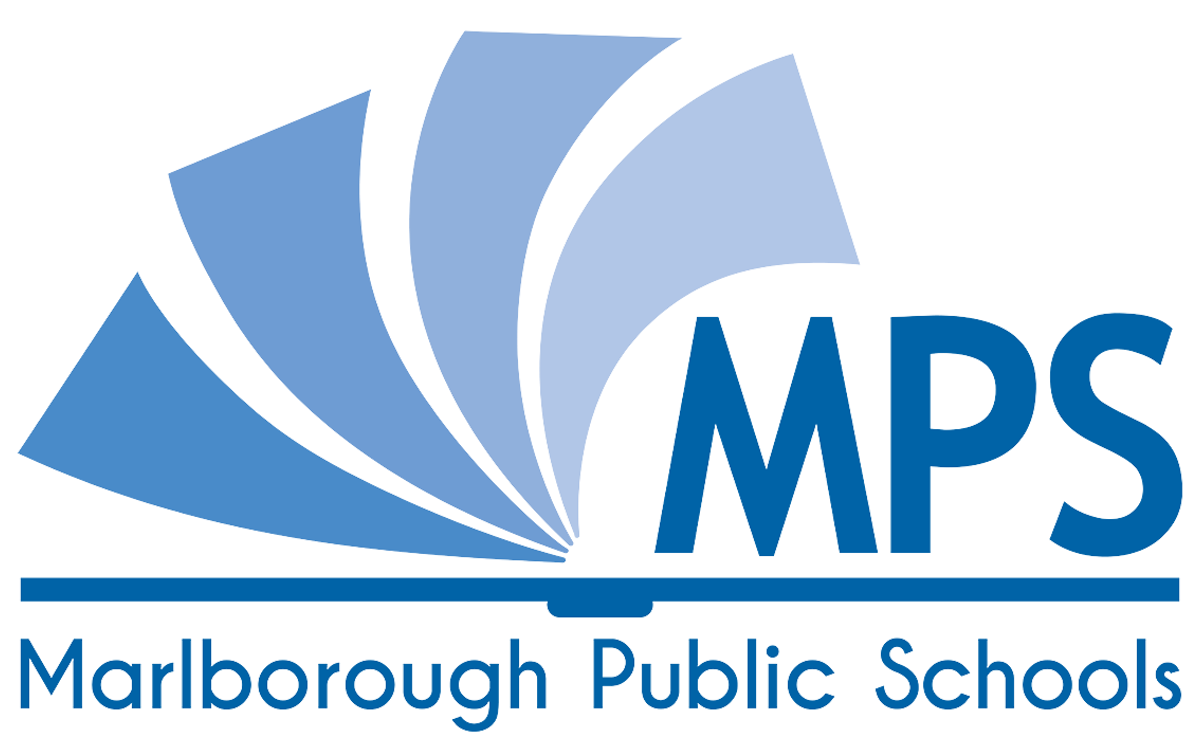Social Emotional Learning
What is SEL?
Social and emotional learning (SEL) is the process of how children (and adults) learn, acquire, and apply skills like understanding and managing emotions, setting and working toward positive goals, problem solving, empathy, cooperation, establishing and maintaining positive relationships, and healthy and responsible decisions.
SEL at WMS!
At Whitcomb, we are working to implement social and emotional learning strategies and interventions.
Painting for PAWSitivity
Extended HR Lessons
Mindfulness Tools and Lessons
Alternative Detention
Faculty Meeting/PD
Creating Classroom Coping Skill Boxes
Articles and Resources
...and many more!!
Alternative Detention: Research shows the effectiveness of utilizing strategies like skills based groups to reduce the frequency of poor behaviors by students. We work to develop relationships with the students referred and not only introduce valuable topics and skills but talk to them about their experiences and how to handle situations. It is a great opportunity to have a collaborative relationship and important conversations. We have gone over topics like bullying, peer pressure, coping skills, listening, and giving/accepting feedback.
Painting for PAWSitivity: Collaborating with the art department, SELC reached out to our students to have them create positive messages and works of art for their bathrooms. These would be words of encouragement to reflect the positive culture of our school. Students created these works of art and voted on their favorites. They will be presented in English, Spanish, and Portuguese in the student bathrooms!
Extended Homeroom Lessons: Extended homerooms are being used to provide lessons to our students about different skills and expectations. We have worked to contribute to these efforts by designing and writing lessons plans on (hopefully) helpful social emotional skills. We work to introduce valuable topics and skills and how to handle situations.
Marlborough offers support to ALL students!
The District Curriculum Accommodations Plan (DCAP) describes the strategies and resources that are available to classroom teachers and specialists in their quest to address the diverse learning needs of ALL our students.
Mindfulness!
Mindfulness is our ability to be aware of what is going on both inside us and around us. It is our awareness of our bodies, emotions, and thoughts.
Benefits of Mindfulness
Increased focus and performance
Skillful response to difficult emotions
Increased empathy and understanding of others.
Natural conflict resolution skills
Happier, healthier people who can work and learn efficiently
This means…
Decrease in bullying behaviors
Increase in confidence and engagement
Increased attention
Increased endurance
Decreased distractibility
Increased creativity
Increased problem solving
Research shows that school-aged children taught mindfulness show:
24% INCREASE in positive social behaviors
24% DECREASE in aggression
15% INCREASE in math scores
